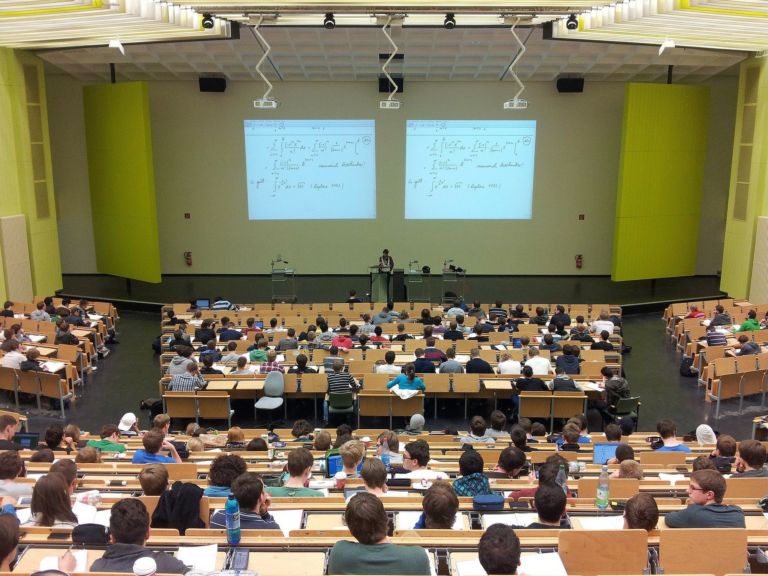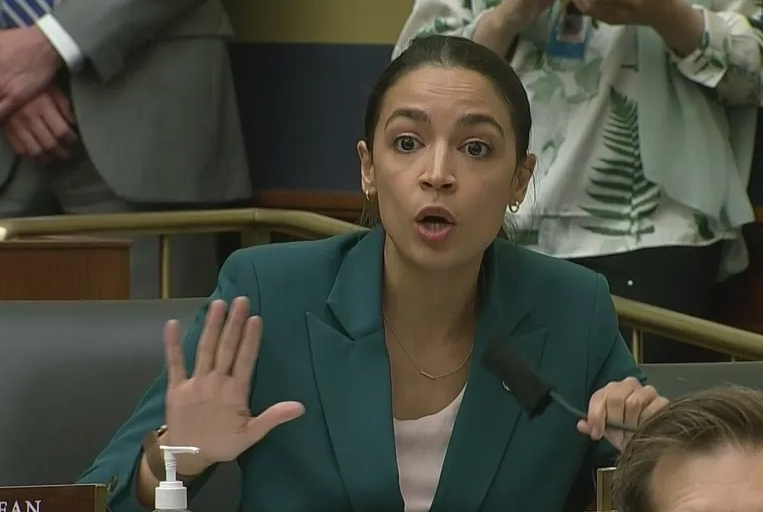Wilfred Reilly writes at National Review Online about disputes involving the proper definition of the word “woke.”
Many political terms (“fascism”) are as slippery as greased lobbyists, and this one is hardly the toughest to figure out. What is woke, then? The definition from the meme is actually rock-solid: a “woke” person, or “social-justice warrior,” is someone who believes that (1) the institutions of American society are currently and intentionally set up to oppress (minorities, women, the poor, fat people, etc.), (2) virtually all gaps in performance between large groups prove that this oppression exists, and (3) the solution to this is equity — which means proportional representation regardless of performance or qualifications.
Most other popular, coherent definitions are quite similar. To James Lindsay, a “woke” person is someone afflicted (infected?) with modern critical consciousness — which is itself the belief that society is set up to oppress you, and the only way out of the Matrix is critical theory. These summaries aren’t witty trolls from the center-Right, but instead reflect canonical statements from woke leftists themselves.
The claim that racism is “everyday,” “everywhere,” and that apparently neutral systems like standardized testing are actually structured primarily to benefit dominant groups, comes from Richard Delgado — one of the founders of critical race theory. The claim that virtually all group performance gaps indicate racist policy or subtle bias is the cornerstone argument of Ibram X. Kendi, probably the most famous “crit” alive today. Kendi has baldly stated, on several occasions, that the only two possible explanations for, say, an income or tested-IQ gap between major populations are actual inferiority on the part of one group or some form of bias — no matter how well-hidden and impossible to winkle out.
These authors and many others almost universally propose “equity” — in the sense I outline — as the solution to such gaps.


